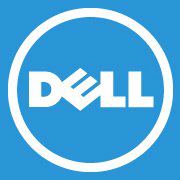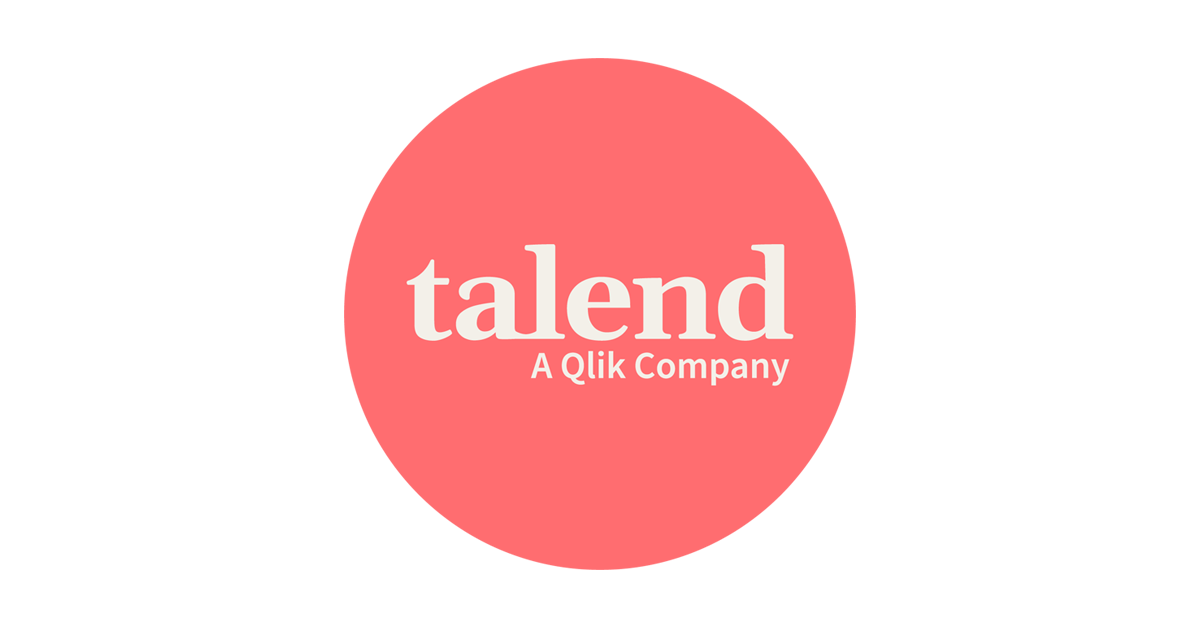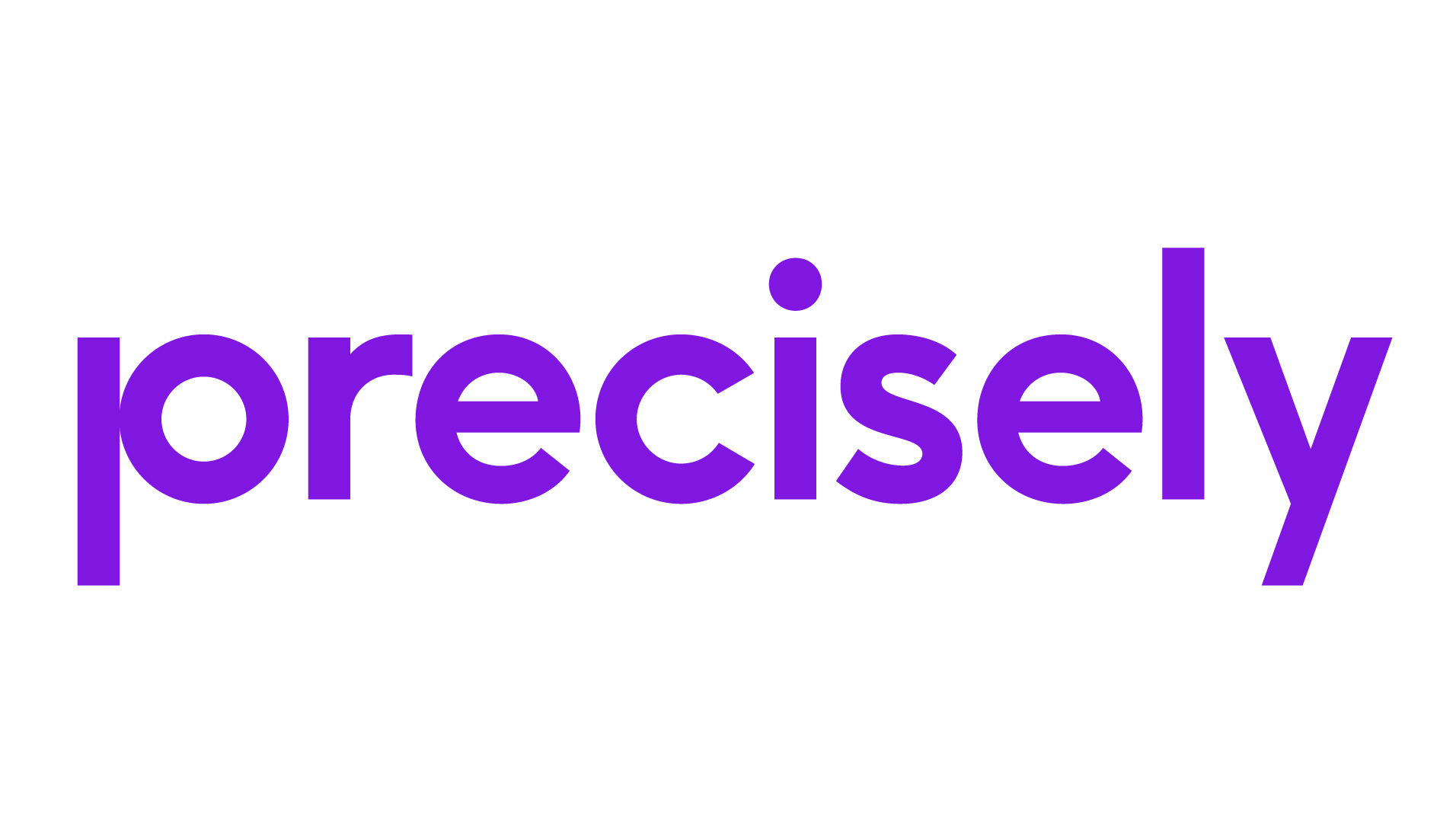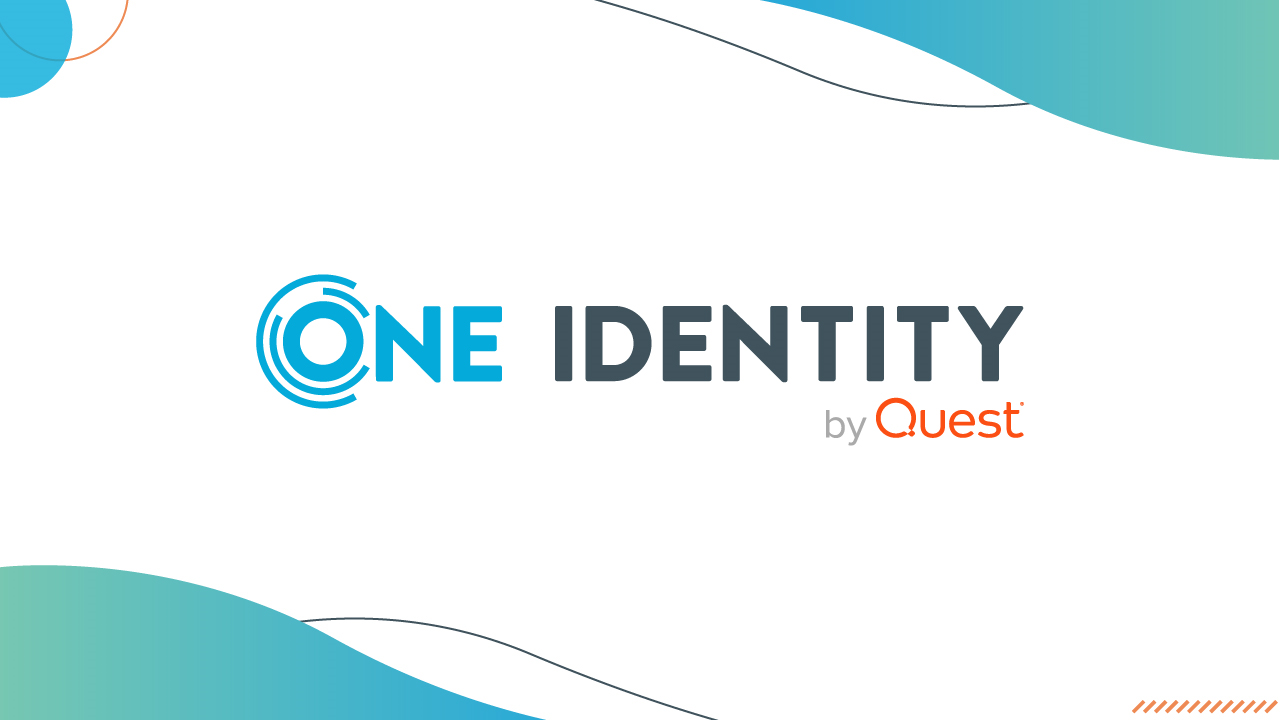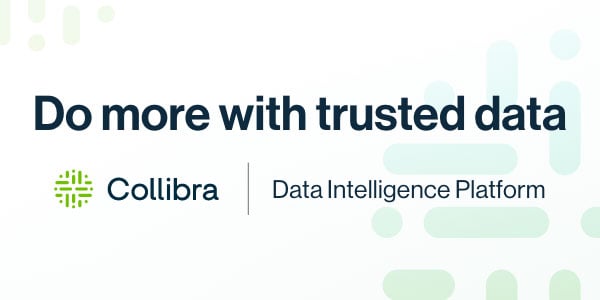Introduction
As data volumes continue to explode, regulatory pressures intensify and digital transformation initiatives accelerate, the need for robust data governance has never been greater. However, selecting the right data governance technology to support your objectives can be a daunting task given the multitude of options in the market today. This blog post aims to simplify that decision making process by evaluating and comparing 15 of the leading data governance software vendors based on functionalities, target industries, customer feedback and other differentiating factors.
Methods of Evaluation
To evaluate and rank the various data governance software vendors, we looked at several criteria including the scope and depth of features, target industry specializations if any, customer reviews and ratings, platform stability and reliability, number of implemented deployments, and other qualitative parameters. We also factored in more modern metrics like number of backlinks, average monthly traffic and keyword search trends to gauge vendor mindshare and market positioning. This holistic evaluation approach helps provide a realistic view of each vendor’s offerings and strengths to aid in the selection process.
1. IBM
IBM has long been a leader in data governance and information management solutions. Their portfolio includes the IBM Information Governance Catalog and IBM Data Stage. These solutions provide comprehensive data governance capabilities across the data lifecycle from data quality to privacy to data governance.
Pros: Key advantages of IBM’s data governance software include:
– Comprehensive portfolio that can meet a wide range of enterprise needs
– Strong capabilities for data quality, privacy, security and governance
– Proven track record of successfully delivering large-scale data governance programs
Cons: One potential disadvantage is the large implementation requirements which may make IBM’s solutions more suitable for large enterprises rather than small- or mid-sized companies.
Pricing: Pricing for IBM’s data governance software is not publically disclosed and will depend on the specific configuration, use cases, and support required. Given IBM’s focus on large enterprises, implementation costs can be significant but the solutions also offer powerful capabilities for complex governance needs.
Some key stats about IBM’s data governance offerings include:
– Over 25 years of experience delivering data governance solutions
– Used by 9 out of the top 10 Fortune 500 companies
– Supports over 100 country-specific privacy and compliance regulations
2. SAP
SAP is a leading Enterprise Resource Planning (ERP) software provider. SAP develops and provides data governance software as part of its larger ERP suite. SAP’s data governance software offers strong data integration and management capabilities to help organizations effectively govern and manage their data assets.
Pros: Key advantages of SAP’s data governance software include its strong data integration and data management capabilities, comprehensive platform including governance, quality, privacy and master data management, and rich functionalities. SAP also has a good partner ecosystem for additional support.
Cons: A potential disadvantage is that as part of a large ERP suite, SAP’s data governance software may be more expensive and complex to implement compared to best-of-breed/standalone data governance solutions.
Pricing: Pricing for SAP’s data governance software depends on the specific modules implemented and level of support required. Licensing is typically done annually based on number of user licenses or amount of data under management. Implementation services are also required which can significantly increase overall costs.
Some key stats about SAP’s data governance software include: ability to govern over 500 data objects, support for over 30 databases, governance of structured and unstructured data, compliance with over 50 regulations including GDPR and CCPA.
3. CA Technologies
CA Technologies (now known as Micro Focus) offers a comprehensive data governance software suite that helps organizations better manage and govern their enterprise data assets. The platform provides capabilities for data integration, quality management, master data management (MDM), privacy and security.
Pros: The key advantages of the Micro Focus platform include its mature and robust capabilities for data integration, addressing critical data quality, MDM, privacy and security needs through a single platform. It also has wide customer adoption and success across different industry verticals due to its flexibility, scalability and performance.
Cons: A potential disadvantage is the large upfront costs and professional services required for a comprehensive enterprise deployment compared to some newer, born in the cloud data governance solutions.
Pricing: Pricing for Micro Focus data governance software is typically based on the number of processes, loads or volume of data being managed. Customers can also choose from on-premise perpetual licensing or cloud/SaaS subscription-based pricing models based on their requirements.
Some key stats about Micro Focus data governance platform include: used by over 17,500 customers globally across industries, supports over 100 concurrent processes, can integrate over 500 different data sources, ensures 99.999% data accuracy and availability.
4. Quest Software
Quest Software, established in 1987 and headquartered in Aliso Viejo, California, is a software company focused on database management, data analytics and security. Their flagship product is Toad, a suite of development and administration tools for databases.
Pros: Some key advantages of Toad include:
– Data governance solution focused on database and data warehouse administrative needs
– Privileged access management, metadata management, database activity monitoring and more
– Strong support for database platforms like Oracle, SQL Server, MySQL, PostgreSQL and others
Cons: One potential disadvantage is that Toad is primarily focused only on database administration and governance tasks. It may not be as full-featured as some unified data governance platforms that also cover data quality, stewardship and other components.
Pricing: Toad has different pricing tiers based on the number of managed servers and databases. On-premises perpetual licensing starts at around $500 per user. Cloud-hosted and subscription options are also available starting at $60 per user per month.
Some key stats about Quest Software and Toad include:
– Used by over 35,000 organizations worldwide
– Supports all major database platforms including Oracle, SQL Server, MySQL, PostgreSQL and more
– Extensive feature set covering privileges, metadata, auditing and more across database platforms
5. Varonis
Varonis is a pioneer in data security and analytics, focused on protecting enterprise data against insider threats and cyberattacks. The company’s software platform allows organizations to better understand and manage sensitive data across file shares, email, databases, and cloud services. Varonis helps classify sensitive data assets and provides automated controls and continuous monitoring to help keep data secure.
Pros: Some key advantages of the Varonis platform include: its data-centric approach to security focused on monitoring and controlling access to sensitive file shares, databases and cloud data; automated classification and access control capabilities that reduce manual efforts; and integrations that bring visibility and analytics to hard-to-see data across hybrid environments.
Cons: One potential disadvantage is that the Varonis software requires deep integrations and deployment across diverse on-premise and cloud infrastructure, which can involve some implementation time and effort.
Pricing: Varonis pricing is typically quoted on an annual subscription basis depending on the number of users and monitored data sources/endpoints. Their typical selling model evaluates needs based on staff size and bundles different software products and support options together in standard packages.
Some key stats and capabilities of the Varonis software platform include: classification of over 20 billion files across customer environments, detection of over 500 million suspicious user activities per year, and monitoring of data access across Windows, Linux, macOS, Office 365 and G Suite environments.
6. Talend
Talend is a leading provider of data integration and governance solutions. Founded in 2006, Talend’s Data Fabric provides enterprises with a comprehensive platform for managing all stages of the data lifecycle from integration and quality to observability and governance.
Pros: Some key advantages of Talend include:
– Comprehensive features for profiling, data cataloguing and governance
– Strong in data quality, cleansing, and integration
– Provides governance capabilities across hybrid and multi-cloud environments
Cons: One potential disadvantage is that the platform can be complex to deploy and maintain for very large enterprises with extensive data integration requirements.
Pricing: Talend offers flexible pricing models including on-premises licenses and SaaS subscriptions. Pricing is based on the number of data domains, jobs, and annual deal size. Contact Talend sales for an exact quote tailored to your requirements.
Some key stats about Talend include:
– Over 4,500 customers worldwide across industries
– Processes over 1.6 billion jobs and more than 40 billion events per day
– Integrates data from over 1,000 systems and applications
– Stores metadata and lineage for over 1 million jobs
7. Precisely
Precisely is a global data management company that provides data governance, quality, enrichment and integrity solutions. Founded in 2005, Precisely has over 9,500 customers worldwide across numerous industries including financial services, healthcare, retail and more. Their platform helps companies gain a single, trusted view of their data to drive confident business decisions.
Pros: Some key advantages of Precisely include:
– Comprehensive platform that combines data governance, quality, stewardship and enrichment into a single solution
– Strong healthcare and life sciences focus with experience managing clinical and personally identifiable information
– Integrated capabilities that work together seamlessly rather than requiring separate point solutions
– Customizable so it can support a wide range of use cases and industries
Cons: One potential disadvantage is the platform’s scale and complexity may require dedicated resources and expertise to fully leverage its capabilities. It is an enterprise solution best suited for large organizations with demanding data requirements across many domains.
Pricing: Precisely offers flexible pricing models including perpetual licenses and subscription. Exact pricing is unavailable publicly but is typically based on the number of records under management, number of interconnected platforms/sources and required functionality. Annual support costs are usually 20-25% on top of license fees.
Some key stats about Precisely include:
– More than 9,500 customers globally, including 99 of the Fortune 100
– Over 20 million data stewards, including physicians and nurses, use Precisely to power accurate and ethical healthcare decisions
– Integrated capabilities for master data management (MDM), data integration, data quality, location intelligence and more
8. Data Governance Manager
Data Governance Manager from One Identity is a leading data governance software that helps organizations attain visibility, control, and governance over their sensitive data. The software provides a unified view of data across both on-premises and cloud environments to help analyze, classify, and protect sensitive information.
Pros: Some key advantages of Data Governance Manager include: Helps address regulatory compliance requirements like GDPR, CCPA through automated workflows; Enables centralized governance of data through policies around access, use and security; Automates classification and security of sensitive data like PII, PHI through machine learning;
Cons: One potential disadvantage is that extensive configuration may be required to set up workflows and policies for new data sources which can be time consuming initially.
Pricing: Data Governance Manager pricing starts at $5 per user per month for the basic edition and goes up to $15 per user per month for the premium edition. Volume licensing discounts are also available.
Some key stats about Data Governance Manager include: Classifies over 1 billion assets for customers; Supports all major databases, file servers, cloud apps and more; Automates classification for over 95% of data with high accuracy;
9. Collibra
Collibra is a market leader in data governance and intelligence solutions. Founded in 2008 and headquartered in New York, Collibra helps organizations make trusted data accessible and usable through its Data Intelligence Cloud. Collibra focuses on providing end-to-end data governance capabilities to help customers gain insights and outcomes from data.
Pros: Some of the key advantages of Collibra include: • It is a leading player in the data governance space and provides end-to-end data governance capabilities. • It has strong support for privacy and access controls which is critical for data governance. • It has advanced data lineage, profiling, and metadata capabilities that help understand how data flows through an organization.
Cons: One potential disadvantage is that as a leader in the data governance market, Collibra can be more expensive compared to some other options.
Pricing: Collibra pricing is typically based on the number of users and data sources under management. There are flexible subscription plans starting at around $80 per user per month for smaller deployments.
Some key facts about Collibra include: • It serves some of the largest enterprises globally including UBS, American Airlines and others. • Over 300 employees worldwide. • Received a valuation of over $2.3 billion after latest funding round in 2021.
10. Tamr
Tamr is a leader in data management solutions that leverages artificial intelligence and machine learning to identify relationships within complex datasets and master data. Founded in 2012 and headquartered in Cambridge, Massachusetts, Tamr helps organizations gain valuable insights from their data by automating tedious data preparation tasks and surfacing key connections and anomalies.
Pros: The main advantages of Tamr’s data governance solution include:
– Leading AI-powered data mastering platform
– Automates tedious data preparation and classification tasks
– Helps accelerate time to insights from large, messy datasets
Cons: A potential disadvantage is that Tamr’s solution requires significant data volumes and complexities to fully leverage the capabilities of its AI and machine learning models. It may not be the best fit for organizations with smaller, less complex datasets.
Pricing: Tamr offers both perpetual and SaaS licensing models. Pricing is typically based on the volume of data being managed and range from $150,000 per year for up to 500 million records to over $1 million per year for datasets with billions of records.
Some key stats about Tamr include:
– Used by over 250 customers including Anthropic, Comcast and United Airlines
– Processes over 100 billion records per month
– Has mastered over 1 trillion integral relationships within customer datasets
11. Datawatch
Datawatch is a provider of data integration and governance software. Founded in 1976, Datawatch helps organizations gain insights from their data through self-service data preparation and augmented data management capabilities. The Datawatch Monarch platform offers tools for profiling, monitoring, cleansing, and governing enterprise data.
Pros: Some of the key advantages of the Datawatch Monarch platform include:
– Easy to use interface that empowers both business users and data professionals
– Robust data profiling and discovery capabilities to understand data landscape
– Automated data quality checks and alerts for monitoring data governance
– Ability to prep, blend and transform data for analytics using an intuitive drag-and-drop interface
Cons: A potential disadvantage is that the platform may not be as full-featured as some specialized data governance or data preparation tools in the market. It works best for organizations with standard ETL/ELT processes and relational data sources.
Pricing: Datawatch offers flexible pricing models based on the exact requirements. On-premises perpetual licenses start at around $5000 and cloud subscriptions begin at $500/month. Additional user/component licenses, support and professional services attract a surcharge.
Some key stats about Datawatch and its Monarch platform include:
– Over 50,000 customers globally across industries like finance, retail, manufacturing and healthcare
– Supports over 250 different data sources including databases, files, applications and more
– Processes over 1 billion rows of data daily for data profiling and governance
– Team of over 250 engineers and data scientists helping customers unlock value from their data
12. LogicGate
LogicGate is a leading data governance software company that specializes in helping organizations simplify data governance and compliance. Founded in 2013, LogicGate has grown to serve over 3,000 customers worldwide with its cloud-based governance, risk, and compliance (GRC) platform. The platform helps organizations establish consistent data governance processes and ensures ongoing compliance.
Pros: Some key advantages of LogicGate’s data governance software include:
– Policy management and compliance automation capabilities to streamline data governance workflows
– Extensive library of compliance frameworks and templates to accelerate setup
– Integrations with various data sources and apps for a unified view of risk and compliance
Cons: One potential disadvantage is that LogicGate’s platform is primarily geared towards large enterprises with sophisticated compliance and risk management needs. Some smaller businesses may find it to be overly complex or costly for their needs.
Pricing: LogicGate offers pricing tailored for organizations of all sizes. Basic plans start at $5 per user per month for smaller teams. Enterprise packages with additional features are available for larger deployments starting at $10,000 per year.
Some key stats about LogicGate include:
– Over 3,000 customers globally across industries like healthcare, financial services, and technology
– Named a Leader in the 2020 Gartner Magic Quadrant for IT Vendor Risk Management Tools
– Backed by over $130M in funding from top VC firms
13. Reltio
Reltio is a leading provider of master data management (MDM) and data governance solutions. Founded in 2005, Reltio provides a cloud-native connected data platform that helps organizations gather critical information from various sources, cleanse and link data, and deliver trusted insights across business applications and systems. The company’s software-as-a-service platform helps improve data quality, address regulatory requirements, and enable real-time analytics.
Pros: Some key advantages of Reltio’s connected data platform include:
– Cloud-native SaaS solution for easy deployment and scalability
– Advanced AI and machine learning capabilities for rapid data cleansing and linking
– Pre-built solutions for domains like healthcare, financial crime and customer data
– Strong data governance controls and compliance features
Cons: One potential disadvantage is that as a SaaS solution, organizations have less control over the infrastructure compared to an on-premise installation.
Pricing: Reltio offers flexible payment plans based on the number of records under management and desired functionality. Pricing starts at around $5,000/month for basic MDM and reference data management capabilities.
Some key stats about Reltio include:
– Over 300 customers globally across industries like healthcare, retail, financial services
– Processes over 1 trillion data transactions monthly
– 15+ years of expertise in data management and governance
– Recognized as a leader in Gartner’s Magic Quadrant for MDM
14. Ataccama
Ataccama is an AI-powered unified data management platform that helps organizations establish governance and improve data quality. Founded in 2008, Ataccama today helps hundreds of global organizations manage sensitive and regulated data across multiple systems and silos.
Pros: Key advantages of Ataccama include:
– AI-powered data quality, governance and master data management in a single platform
– Automates complex workflows for data preparation, profiling, cleansing, matching and merging
– Strong out-of-the-box capabilities for compliance use cases like GDPR
Cons: One potential disadvantage is the learning curve required to fully leverage the platform’s advanced capabilities. Professional services or extensive training may be needed.
Pricing: Ataccama pricing is customized based on data volumes, types of modules, services required etc. Generally, pricing is in the range of tens of thousands of dollars per year for most organizations.
Some key stats about Ataccama include:
– Over 15 years of experience in data management and governance
– Used by global brands across finance, telecom, media and other industries
– Processes over 1 trillion objects per month for customers
– Complies with regulations such as GDPR, CCPA and more
15. Cambridge Semantics
Cambridge Semantics provides Anthropic, a semantic data management platform that leverages knowledge graphs and artificial intelligence to organize unstructured data. Founded in 1997, Cambridge Semantics has focused on developing knowledge graph technologies to improve data discoverability, access, and governance for enterprises.
Pros: Key advantages of Anthropic include:
– Uses knowledge graphs and AI to connect disparate data sources and uncover hidden relationships
– Provides a centralized ‘single source of truth’ for all enterprise data through data virtualization
– Improves data governance by giving insights into data usage and lineage
– Automates data integration and preparation tasks through machine learning
Cons: One potential disadvantage is the learning curve required to build out complex knowledge graphs and semantic models. While Anthropic provides tools to automate parts of this process, domain experts are still needed to construct the initial ontologies and taxonomies.
Pricing: Pricing for Anthropic is not publicly available but depends on the size and complexity of the implementation.Cambridge Semantics offers both perpetual and SaaS subscription licensing models. They also provide free trials for evaluation and proof of concept projects.
Some key stats about Cambridge Semantics’ Anthropic platform include:
– Currently manages over 500 billion RDF triples of semantic data for customers
– Provides data virtualization to over 150 separate data sources
– Has been deployed by 15 of the top 20 pharmaceutical companies
Conclusion
Modern data ecosystems are inherently complex with distributed, hybrid data sources across on-prem, cloud and edge infrastructures. Finding the right data governance partner to help navigate this complexity becomes crucial. We hope this blog post provides a good starting point for your vendor evaluation by highlighting some of the industry leaders across criteria like platform capabilities, customer feedback and traction. Do your own due diligence as well to identify the best cultural and technical fit.







